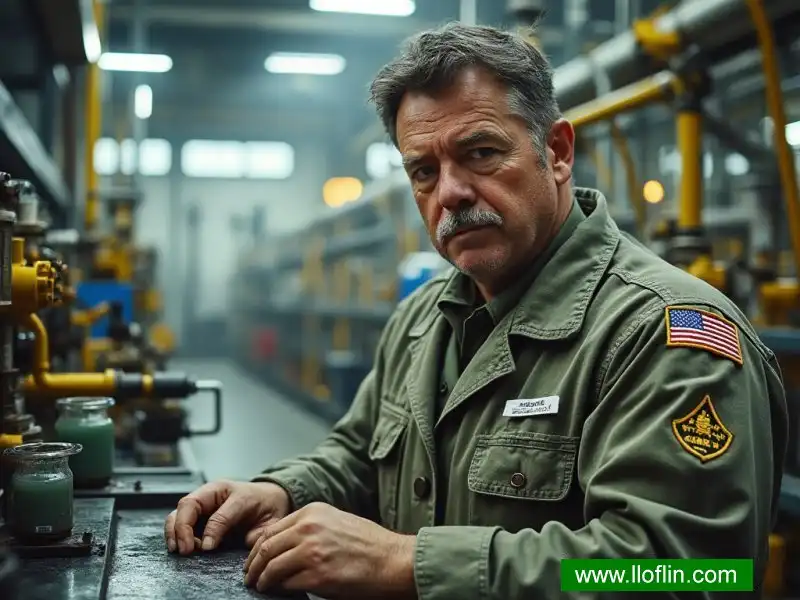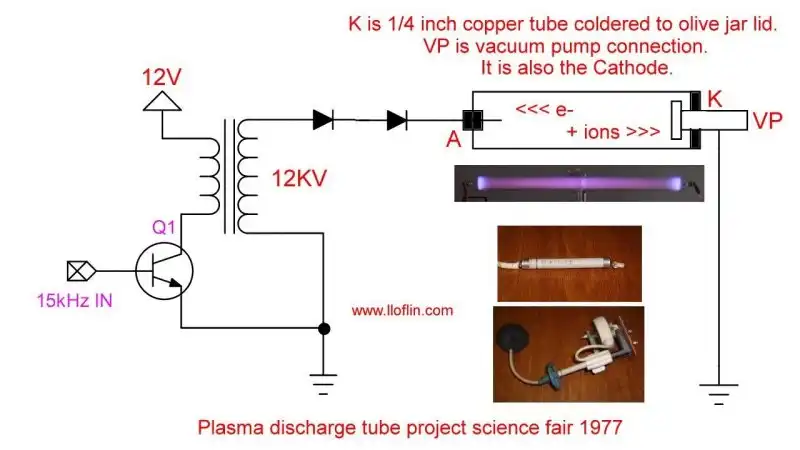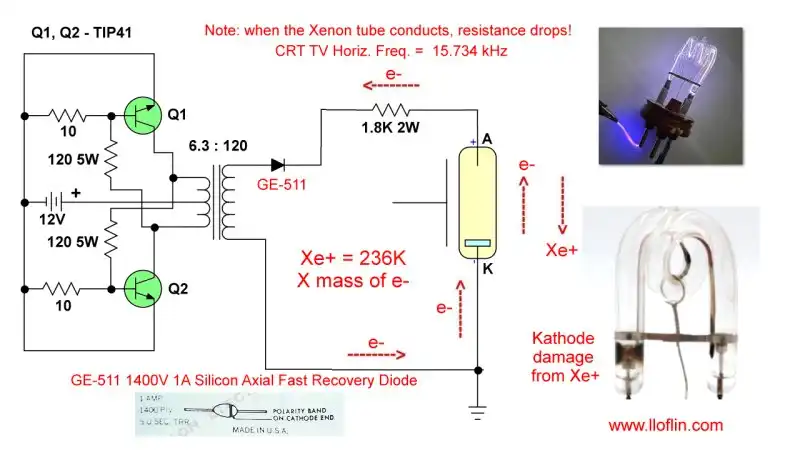Introduction

Man with army jacket working as chemist.
This page details my industrial training program in electricity and electronics, developed for Scholle Corporation in 2009, reflecting my passion for practical learning through the electron flow model. It connects to my broader educational efforts in applied science and circuit projects.
Industrial Training Program
In 2009, the Center for Business and Industry (CBI) at Virginia Highlands Community College developed a customized Non-Credit Certificate in Electricity (48 hours, 4.8 CEUs) for Scholle Corporation’s maintenance staff in Chilhowie, Virginia, funded by a Virginia Community College System grant.
I designed and taught six classes, delivered in three-hour blocks on Tuesday afternoons for two shifts. The curriculum, emphasizing practical skills and the electron flow model, included:
Electronics Theory/Ohm’s Law: 10 hours, covering circuit fundamentals.
AC/DC Theory: 10 hours, exploring alternating and direct currents.
Electrical Schematics/Symbols: 6 hours, teaching diagram interpretation.
Semiconductors: 12 hours, focusing on diodes, transistors, and ICs.
Electrical Motors: 6 hours, addressing motor operation and control.
NEC and Safety: 4 hours, ensuring compliance and safe practices.
Scholle Technical Manager Jim Copenhaver noted, “To remain competitive, we must create the best-skilled employees. This program makes that possible.” Student Wiley Prater praised the course for enhancing understanding of motor controls, PLCs, and Ohm’s Law, calling me “a good instructor.”
This hands-on approach aligns with 2025 workforce trends, preparing technicians for automation and IoT, as in my technician training.
Who is Lewis Loflin?
By Lewis Loflin

Ion tube project from 1977 Science Fair, Wise, Virginia
Click for larger image.
Lewis Loflin is an electronics educator and applied technologist with over 50 years of experience, from vacuum tubes to modern solid-state and industrial controls. His hands-on approach, rooted in the electron flow model, emphasizes practical learning through building and troubleshooting circuits.
A 1977 science fair winner in physics for an ion tube project, Lewis served in the U.S. Army (1978, 33S MOS) as an RF technician, training on early microprocessors. He graduated from Northeast State Community College (1997, 4.0 GPA) with dual degrees in computer information systems and university studies. As an adjunct professor at Virginia Highlands Community College, he developed and taught a 48-hour electricity certificate for Scholle Corporation (2009), earning a Chancellor’s Award nomination.
Lewis shares his expertise via YouTube (200+ videos) and BristolWatch, covering Arduino, PIC, and IoT projects for hobbyists and professionals. His teaching philosophy—learn basics, build, innovate—shapes his educational content, relevant for 2025’s automation and IoT trends.
Education, Training, and Electron Flow Perspectives
This page is part of my fifth group, focusing on education and practical electronics:
Explore More
View my YouTube videos or subscribe to my YouTube channel for electronics projects. My passion for electronics drives my work, from vacuum tubes to modern IoT, as seen in my circuit projects.
Share This Article
References
CBI Newsletter, Virginia Highlands Community College, June 2009.
Paul Sharz, Practical Electronics for Inventors, McGraw-Hill Education.
Stephen L. Herman, Electric Circuits, Delmar Cengage Learning.
Lewis Loflin’s teaching materials, 2009–2025.
Related Subjects
- Chemistry for Electronics:
- Why Chemistry is Useful for Learning Electronics
- Electrochemistry and Battery Charger Chemistry
- What is Electrochlorination and Electrolysis?
- Electroplating One Gram of Copper Working Example
- TL431 Battery Charger Voltage Detector Circuits Schematics
- TL431 Sink Mode Constant Current Circuits
- Physics and Chemistry for Electronics:
- Cesium Photo Detectors, Zinc Photocells, and Bandgap Explained
- Cesium Photoelectric Cells
- Is Zinc Photovoltaic?
- Bandgap versus Work Function Key Differences
- How Selenium Rectifiers and Photocells Operate
- Brief Overview of Vacuum Tubes and Circuits
- Basic Review Operation GaAs Photodiodes
- Electronics Education and Careers Defined Six Parts:
- Applied versus Theoretical Science Relation to Electronics
- How does applied science differ from theoretical science?
- Is electronics an applied science?
- What is the difference between electronics and electrical technicians?
- What does "academic ability" really mean in practical terms?
- How does an electronics technician differ from an engineer?
- Electronic Circuits and Applications:
- Electronics and Technology Built at Home Mainpage
- Arduino Constant Current H-Bridge Motor Control
- LM555 Timer Monostable AC Power Phase Control Demo

Xenon flash tube high-voltage inverter test circuit.
Click for larger image.